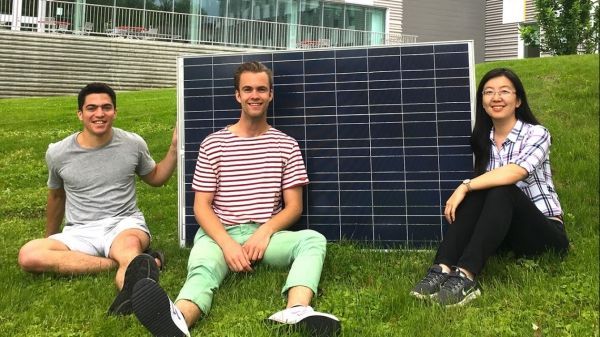By adding utility-scale solar farms throughout New York state, summer electricity demand from conventional sources could be reduced by up to 9.6% in some places.
But Cornell engineers caution that upstate winters tell a different tale. With low energy demand around midday in the winter, combined with solar-electricity production, New York’s power system could face volatile swings of “ramping” – which is how power system operators describe quick increases or decreases in demand.
“It’s a very surprising finding,” said senior author Max Zhang, Cornell associate professor at Cornell’s Sibley School of Mechanical and Aerospace Engineering. “When are you going to have maximum ramping take place in New York? It’s not going to be in the summer when the solar power is the highest and the needs are more balanced. It turns out to be in the winter.”
Read more at Cornell University
Photo via Cornell University


